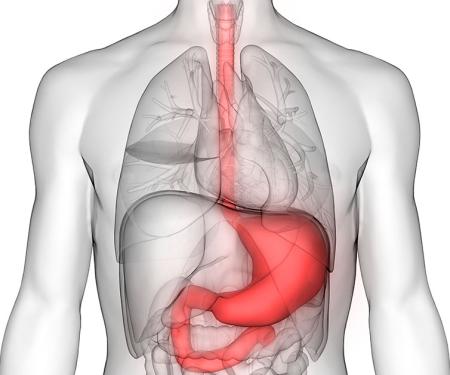Risk Assessment and Genetic Testing
Fox Chase offers a Risk Assessment Program for individuals and families at risk for cancer and those with cancer. Our team of physicians, nurses and genetic counselors provides clinical and genetic evaluation and testing, screening and cancer risk-reduction services. To contact Fox Chase about these programs call 877-627-9684.

